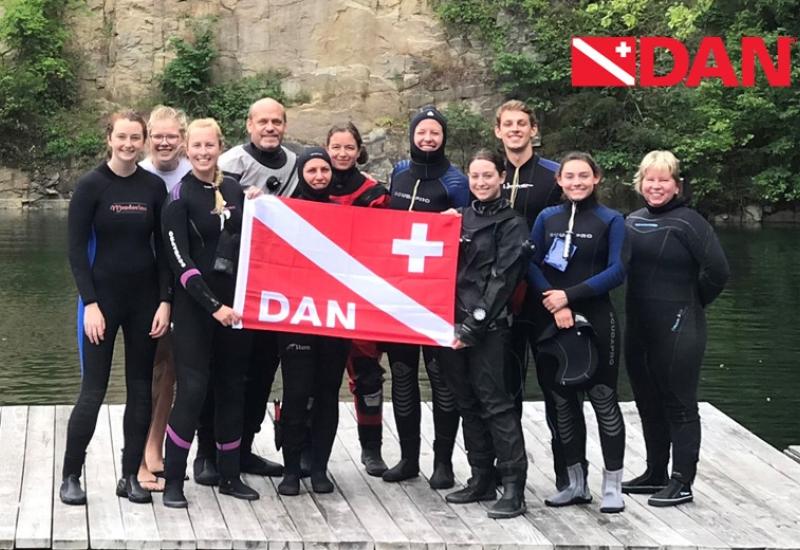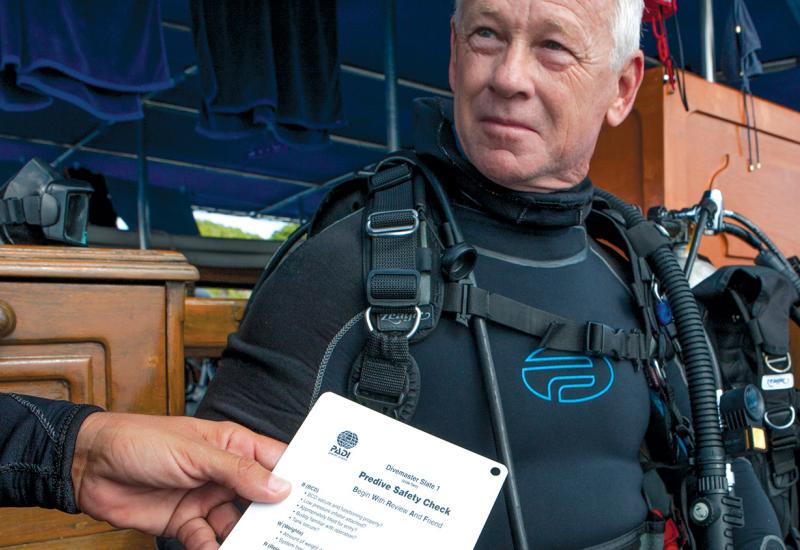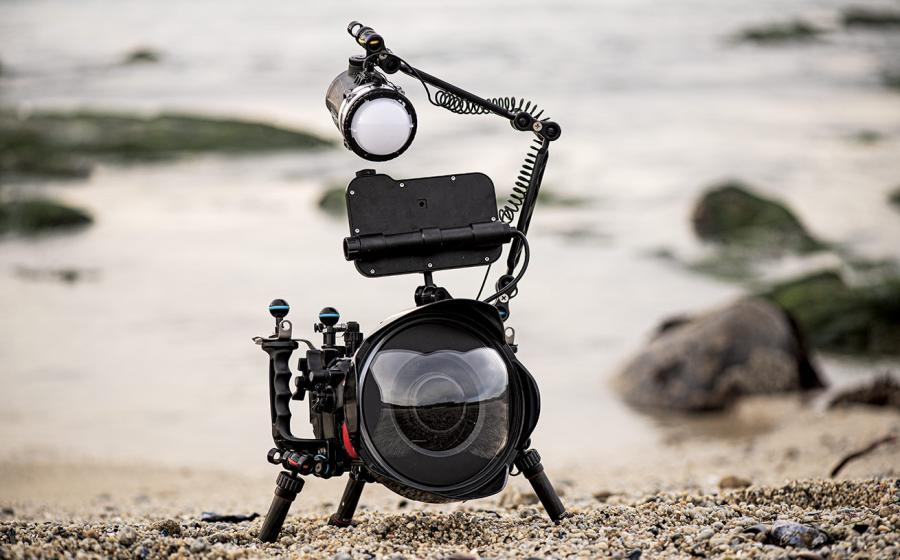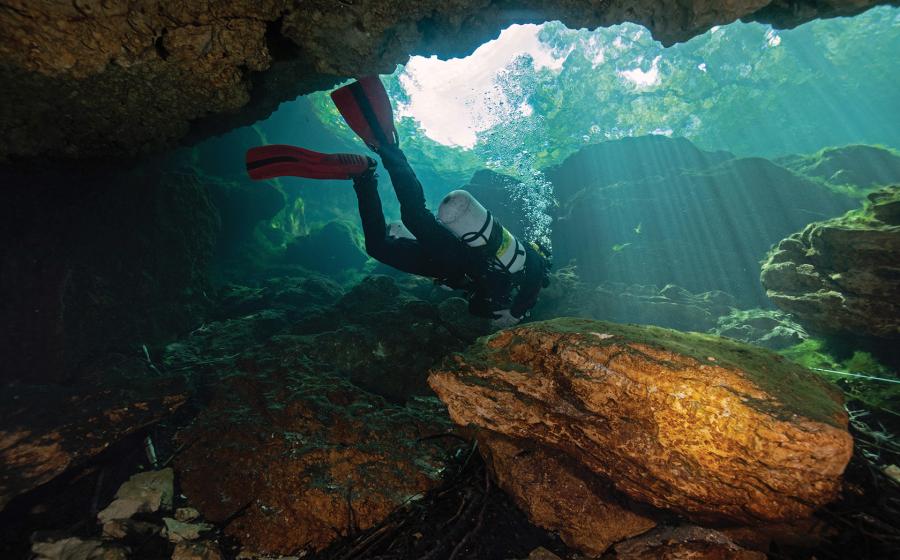Ask DAN: Are You Ready for Scuba Diving?
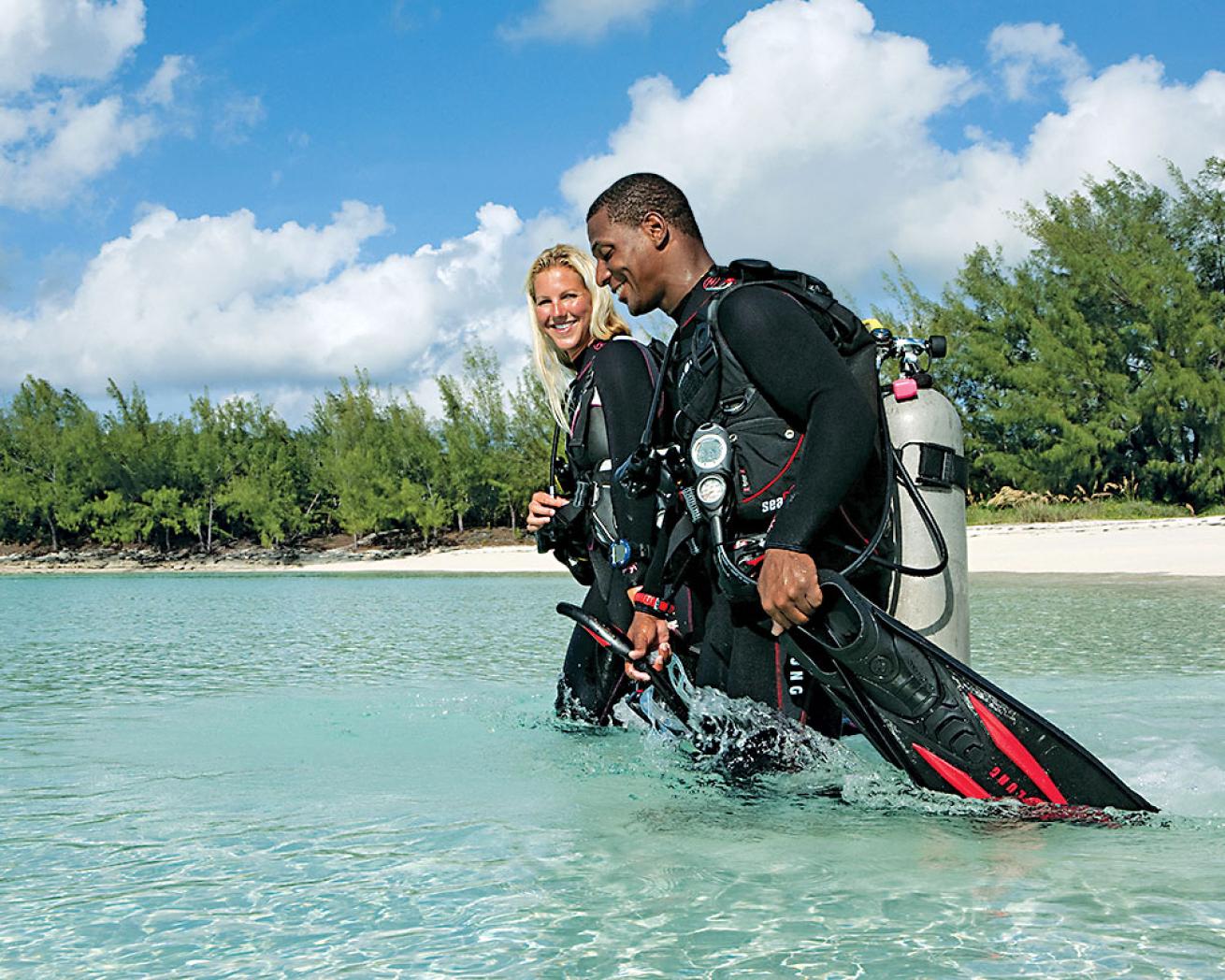
Divers Alert NetworkASK DAN: Prepare Smarter
I’m an experienced 58-year-old diver, but I’ve had a few health problems that have kept me out of the water for nearly 10 months. Summer is here and mini lobster season is just around the corner. Help! I want to be ready.
Over the 35 years that DAN has been helping divers, we have found that most accidents and fatalities could have been avoided with better preparation and training. We discuss dive safety and the importance of preparedness regularly, but unfortunately, accidents still happen. With your safety at stake, here are four key ways to prepare for an incident-free, enjoyable dive.
Have your health assessed and get in shape.
Health problems and being out of the water for an extended period of time may have affected your fitness to dive. Ask your doctor for an objective assessment and do not hide any symptoms, conditions, or concerns from him or her. Even if you feel you have recovered completely, your physical condition has probably degraded; and without gradual reconditioning, you may not be up to the physical challenges of lobster hunting.
Refresh your skills.
No matter your experience level, it’s always a good idea to refresh your skills in a comfortable, controlled environment before returning to diving, especially at night. If you’re considering new dive locations this year, take the opportunity to ease back into the sport by first diving in a familiar lake or quarry. This will allow you to gradually ramp up the level of difficultly of your dives, which will help to mitigate the risk of incident. Also, keep in mind that boat traffic picks up during lobster season and in the summer, so stay alert.
Check your gear
Your dive gear is your life-support equipment while underwater, and it should be treated and maintained with that level of importance and respect. Don’t get back into the water without a thorough evaluation of your gear, specifically your O-rings, hoses, fasteners and valves. These parts can corrode or dry rot in the off-season, especially if the gear was stored while still wet. An experienced professional should check equipment because some issues may not be obvious without some minor disassembly.
Have an emergency plan
Unfortunately, emergencies can still happen despite the best planning and preparation. That’s why it is necessary to have a well thought-out emergency action plan in place to handle a diving-related incident. An effective response plan addresses scene management, patient care, communications (including emergency numbers), logistics, documentation and the debriefing of emergency personnel. Make sure your plan is written down and accessible.
To learn more about how you can prepare smarter for safer diving, visit DAN.org.


